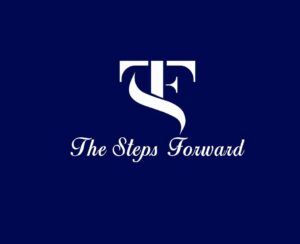Education is a fundamental right and a powerful tool for achieving equality.
By Simon Bremer
Education is a fundamental right and a powerful tool for achieving equality. However, not all individuals have the same access to education and the benefits it provides, particularly women.
One of the main barriers to education for women is poverty. Many families living in poverty cannot afford to send their daughters to school, and instead prioritize the education of their sons. This results in a significant gender gap in educational attainment, with fewer women completing secondary and tertiary education.
Another barrier is cultural and societal attitudes towards the education of girls. In some cultures, there is a belief that girls should not be educated or that their role is solely to take care of the household. This mentality can discourage families from sending their daughters to school and limit their future opportunities.
In addition, women and girls are often subjected to discrimination and violence in and around schools. This can create a hostile and unsafe environment that deters them from attending or staying in school.
To ensure equality in education for women, it is essential to address these barriers and provide opportunities for girls to access quality education. This can be achieved through providing financial assistance to families in poverty, challenging harmful cultural attitudes, and implementing measures to ensure the safety and security of girls in schools.
Investing in girls’ education is not only a moral imperative, but it also has significant economic and social benefits. Educated women are more likely to have better health and economic outcomes, and they are more likely to invest in their own children’s education.
Furthermore, gender equality in education is a fundamental step towards achieving gender equality in society as a whole. It allows women and girls to fully participate in all aspects of life, including politics, business, and community leadership.
In conclusion, investing in education for girls and women is an essential step towards achieving a more equal and just society. It is our responsibility to ensure that all girls have access to quality education and the opportunities it provides.

While education can certainly be a powerful tool for achieving equality, it is important to recognize that it alone cannot solve all of the systemic barriers that prevent women from achieving true equality. While providing opportunities for education is important, we must also address larger societal and economic issues such as pay inequity, lack of access to healthcare, and limited representation in positions of power.
Moreover, we must also acknowledge that the current education system can be biased and not always inclusive of diverse perspectives and experiences. In many cases, the curriculum is designed to cater to certain dominant cultural and societal norms, and this can lead to the marginalization and exclusion of certain groups.
Therefore, while education is undoubtedly a fundamental right, we must also be critical of its limitations and work towards creating a more holistic approach towards achieving gender equality. This approach should involve addressing the intersectional and systemic barriers that prevent women from achieving equality and a more equitable and just society for all.
Thank you for another great article. The place else could anybody get that kind of info in such a perfect means of writing? I have a presentation next week, and I’m at the search for such info.